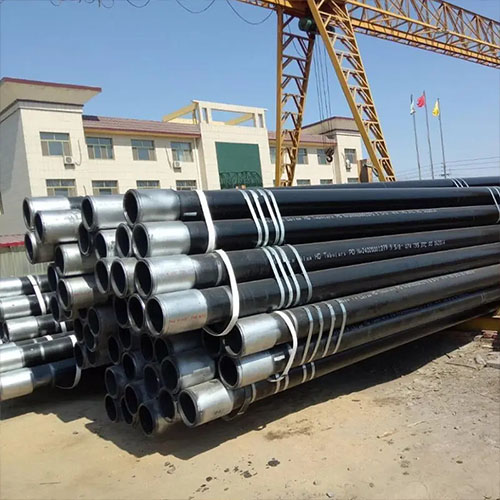Table of Contents
Benefits of Using ASTM Corrosion Nickel-Based Alloy Steel Pipe for Oil and Gas Pipelines
Corrosion is a major concern in the oil and gas industry, as it can Lead to leaks, spills, and environmental damage. To combat this issue, many companies are turning to ASTM corrosion nickel-based alloy steel pipe for their oil and gas pipelines. This type of steel pipe offers a number of benefits that make it an attractive choice for use in these critical applications.
One of the key advantages of ASTM corrosion nickel-based alloy steel pipe is its resistance to corrosion. Nickel-based alloys are known for their ability to withstand harsh environments, including those found in oil and gas pipelines. This means that pipes made from this material are less likely to corrode over time, reducing the risk of leaks and spills.
In addition to its corrosion resistance, ASTM corrosion nickel-based alloy steel pipe is also highly durable. This type of steel is able to withstand high temperatures and pressures, making it ideal for use in oil and gas pipelines where conditions can be extreme. This durability helps to ensure the long-term integrity of the pipeline, reducing the need for costly repairs and maintenance.
Another benefit of using ASTM corrosion nickel-based alloy steel pipe for oil and gas pipelines is its versatility. This type of steel can be easily welded and fabricated, allowing for the creation of custom pipe configurations to meet the specific needs of a project. This flexibility makes it easier to design and install pipelines that are efficient and cost-effective.

In addition to its technical advantages, ASTM corrosion nickel-based alloy steel pipe also offers environmental benefits. Because this type of steel is resistant to corrosion, it is less likely to leak or spill, reducing the risk of environmental damage. This can help companies meet regulatory requirements and minimize their impact on the Environment.
Overall, ASTM corrosion nickel-based alloy steel pipe offers a number of benefits for oil and gas pipelines. Its resistance to corrosion, durability, versatility, and environmental benefits make it an attractive choice for companies looking to ensure the long-term integrity of their pipelines. By choosing this type of steel pipe, companies can reduce the risk of leaks and spills, improve the efficiency of their pipelines, and minimize their impact on the environment.

